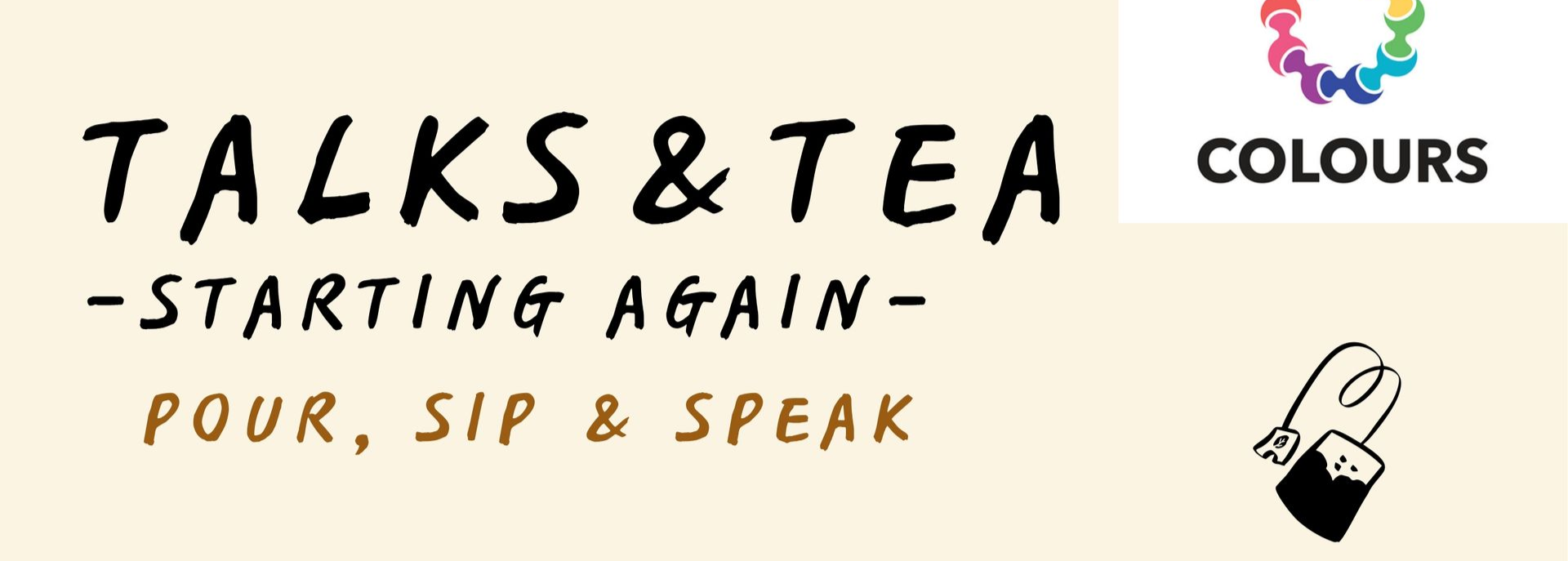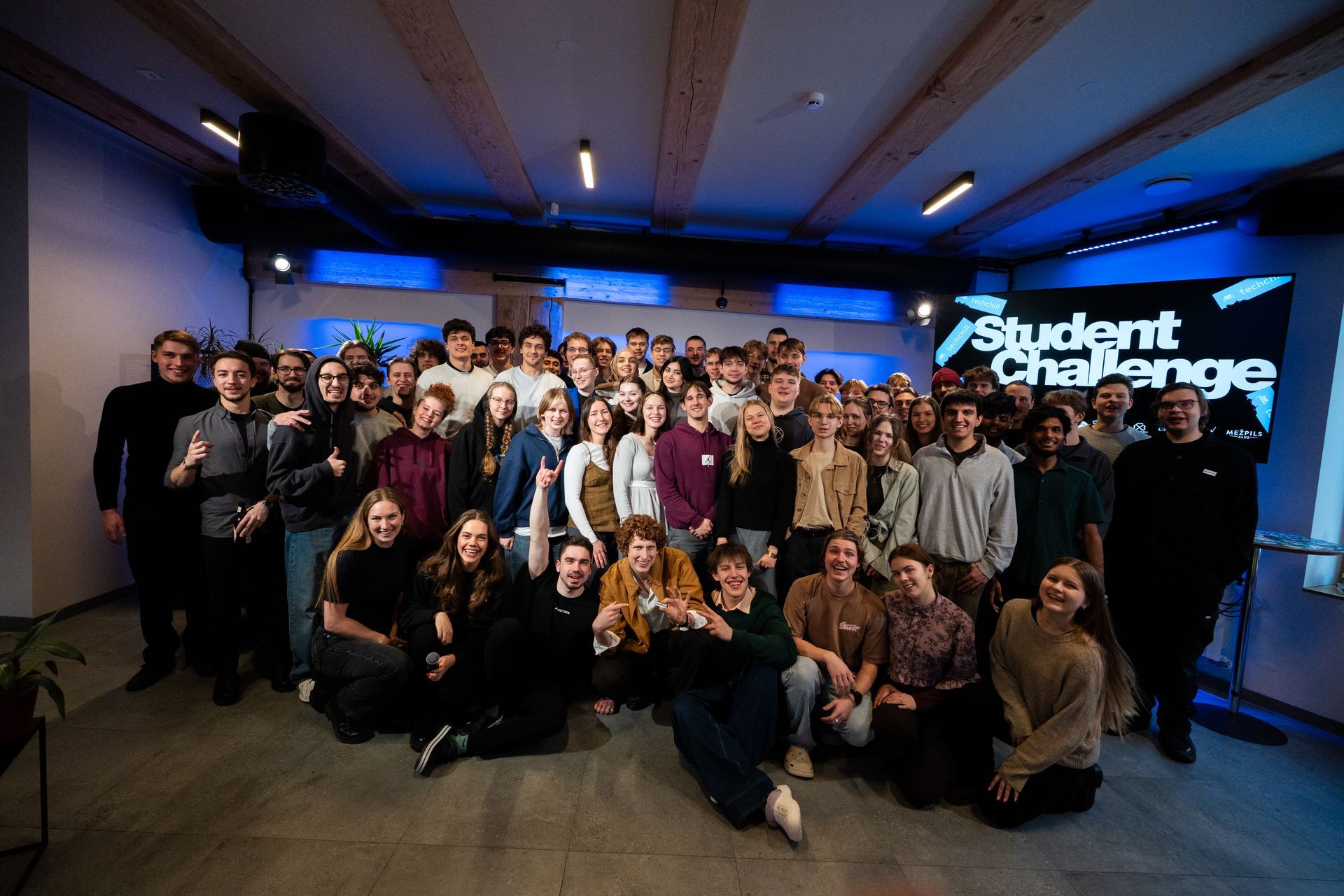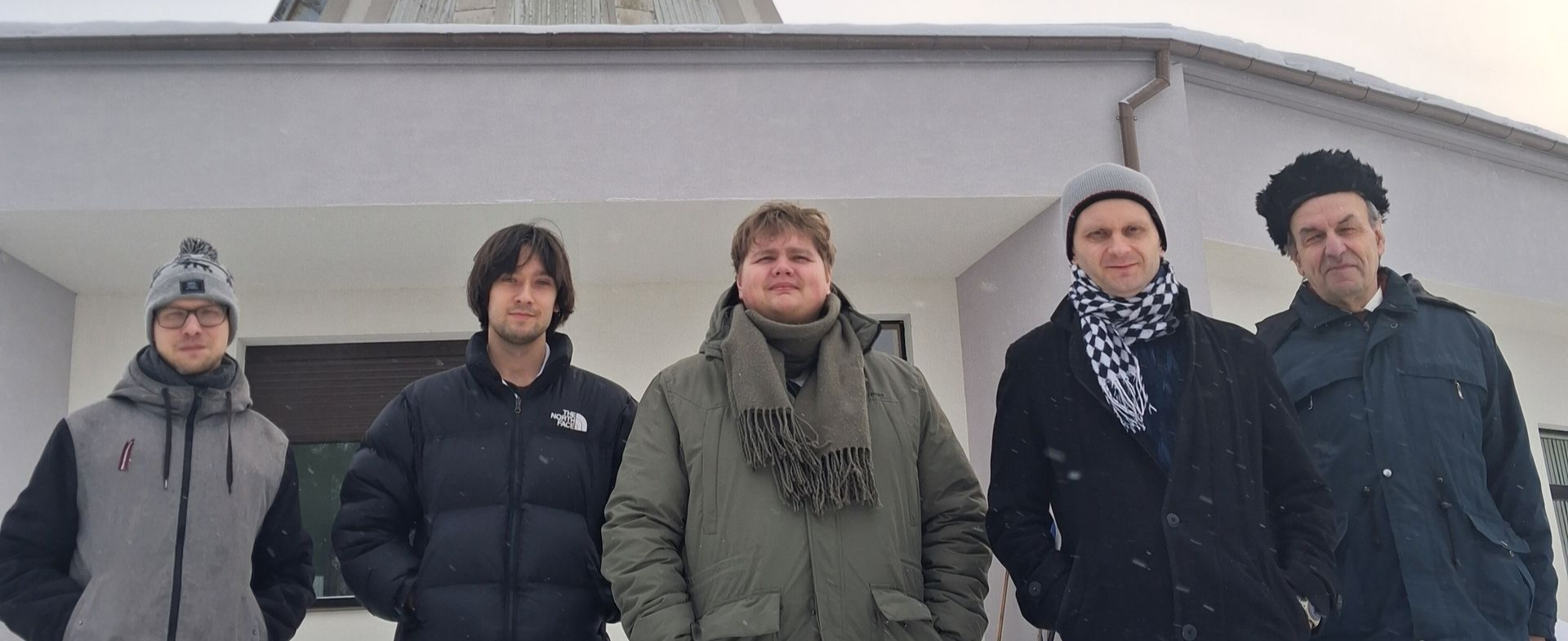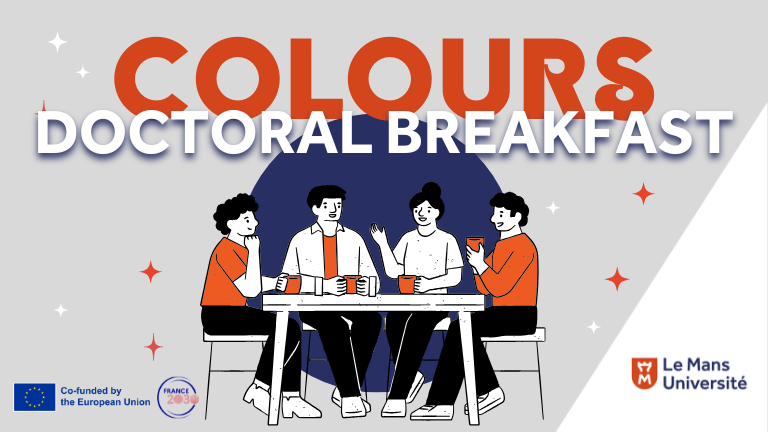A trademark - Friendyno registered within a project

Currently there is a global trend towards using environmentally friendly alternative energy sources for autonomous low capacity loads. As a result, there has been an increased interest in devices capable of converting small mechanical energy into electricity. At the same time, new types of hybrid permanent magnet devices of the type vernier have emerged, based on the principle of variable magnetic resistance. Design using this principle allows the setting up of a compact direct-powered power generator for low-speed and low-load applications.
Friendyno - environmentally friendly small power generator with the rotor linear motion - now is a trademark that belongs to Ventspils University of Applied Sciences.
Its authors offer a similar solution to the use of variable magnetic resistance. The generator consists of a fixed inducer with a permanent magnet and winding, an a moving part with magnetic flow switching elements from silicone steel placed on it. The nature of the structure is that the moving part of the generator can be both a linear cyclically moving strip and a strip created in the form a rotating disc. The movable part is made of non-magnetic material such as glass fibres in which silicone steel switching elements are incorporated.
Using mathematical 3D modeling techniques together with experimental studies, the typical performance of such a generator prototype was tested. As a result, Ventspils University of Applied Sciences researchers in cooperation with Joint Stock Company "LATVO" have developed an original technical solution which has improved and simplified the production process of such generators.
The novelty of the proposed technology is an inducer design that uses a UNICORE strip [1] technology that allows it to switch to environmentally friendly magnetic core production without waste.
The use of the new technology creates new opportunities to create stator teeth for knots that cause linear and rotating movements of magnetic flux. In this case, the magnetic flow generated by permanent magnets is perpendicular to the flow in the inducer magnetic circuit. The use of this technology together with the new design of the generator makes it possible to significantly reduce material and operating costs in the manufacture of the device.
The intellectual property and novelty of the solutions developed are recognised in ten patents. Generators with a capacity of 1-10 W are designed to operate portable electronic devices or to charge their batteries. Potential users are bicycle owners who need to charge portable electronic devices. This may also create hand-operated generators for outdoor use.
The proposed solution aims to create a competitive energy source that would meet the growing demand for cyclists' smart electronic devices.
Engineering Research Institute (ERI) Ventspils International Radioa Astronomy Centre of Ventspils University of Applied Sciences as a leading partner and joint stock company "LATVO" as the project partner since the beginning of March 2019 have started to implement the European Regional Development Fond Operation Programme "Growth and Employment" 1.1.1 Specific Support Objective "Increase the Research and Innovation Capacity of Latvian Research Institutions and the Ability to Attract External Funding by Investing in Human Resources and Infrastructure" 1.1.1.1 within the framework of the 2nd round of the measure "Practical Orientation Research" project "Environmentally Friendly Small Power Generator with the Rotor Linear Motion (DrauGen).
Total approved costs of the project are EUR 472 069,00 and they are financed from the following financial sources:
European Regional Development Fund (ERAF) - EUR 272,855.88,
Government funding - EUR 163,807.94,
Ventspils University of Applied Sciences and joint stock company "LATVO" funding - EUR 35,405.18
Project Duration - 24 months (03.2019 - 02.2021).
[1] AEM Cores Pty Ltd http://www.aemcores.com.au
Share on other platforms
Other news







